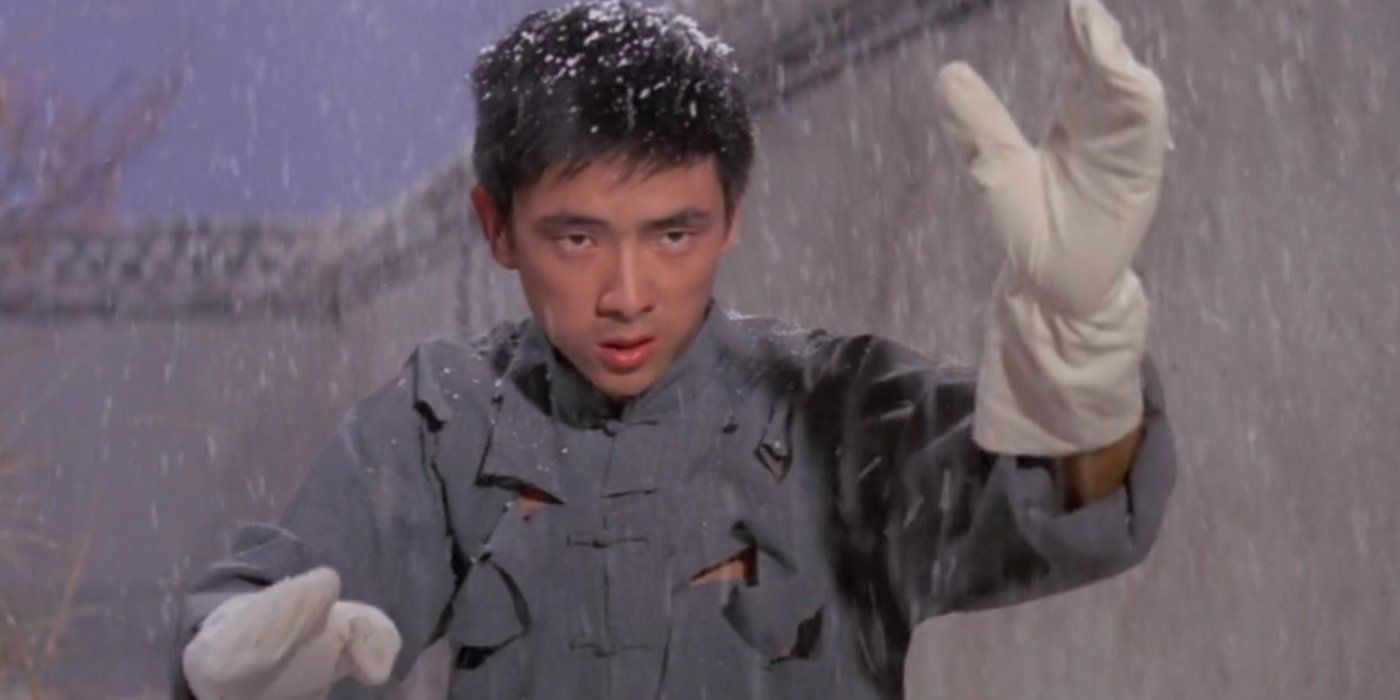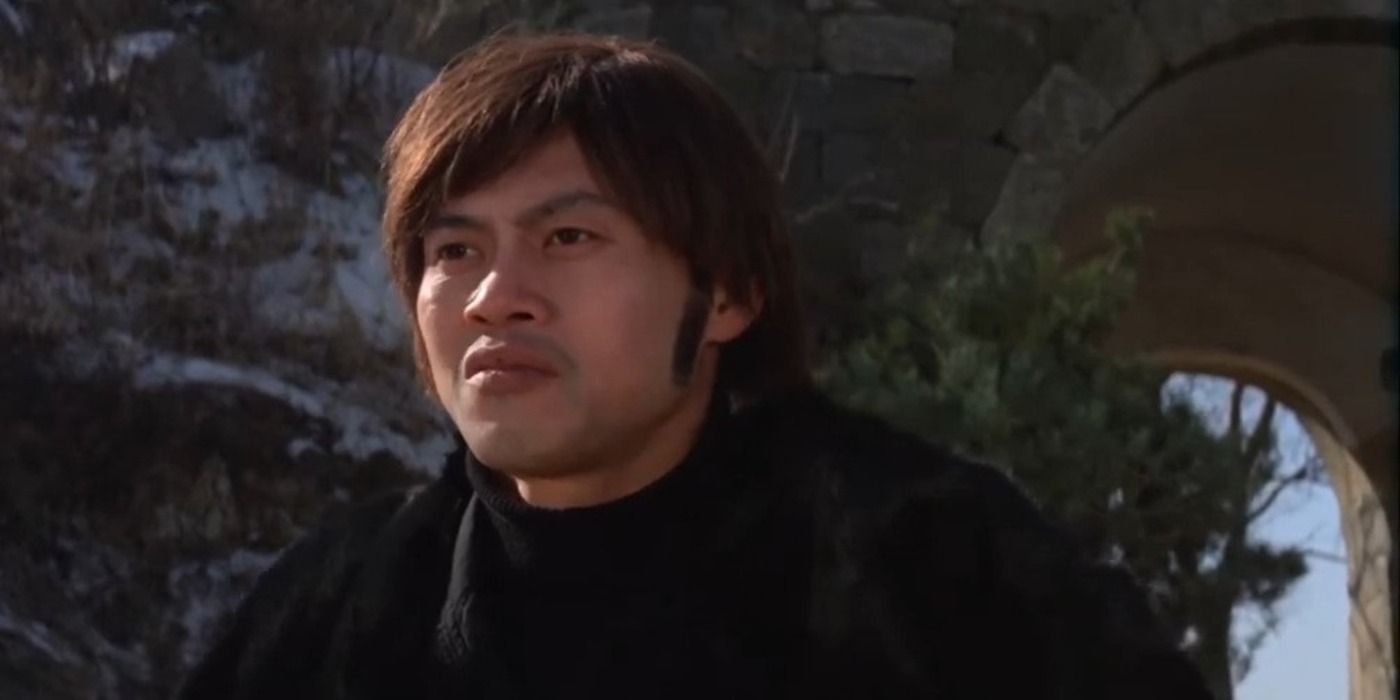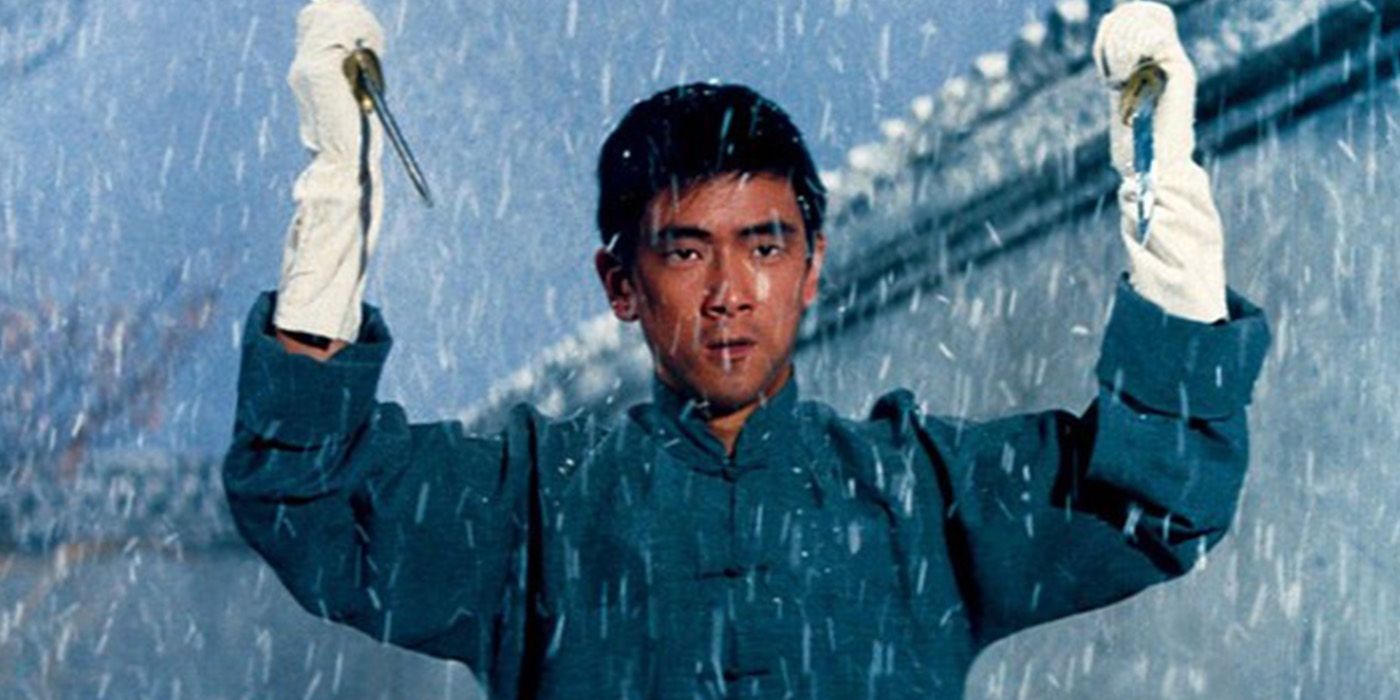The martial arts genre was irreversibly changed by The Chinese Boxer upon its release in 1970. When it comes to the most influential martial arts movies of all time, the film that typically comes to mind is Bruce Lee’s Enter the Dragon, but as transformative as it was, another movie stands out as equally – if not more so – significant to the genre’s development.
Three years before Enter the Dragon’s international success created a hunger for martial arts movies, prominent kung fu movie studio Shaw Brothers set the stage for the trend that would follow later. In 1970, Shaw Brothers made The Chinese Boxer, which turned out to be a more-than-worthwhile hit for the studio.
In addition to bringing more attention to its movies, The Chinese Boxer revealed the trajectory the genre would find itself on for the next two decades.
The Chinese Boxer Is The First Major Movie To Focus on Real Martial Arts Action
Although movies older than The Chinese Boxer, such as The One-Armed Swordsman and Dragon Inn, are retroactively referred to as martial arts movies, they represent a different era of filmmaking when compared to classics like Enter the Dragon, Way of the Dragon, and Drunken Master.
In these late 1960s movies, the action usually centered on sword-fighting, rather than true kung fu. Another difference between movies of their kind and the kung fu movies of the 1970s is that the fights – while plentiful – were relatively brief. The One-Armed Swordsman, for instance, saw its protagonist slice through most of his adversaries in a single swing.
The Chinese Boxer mixed things up in a huge way by abandoning sword-fighting in favor of fisticuffs. The absence of weapons in the fight scenes was unique in 1970, but the move made sense for the story, considering that his character was a student of a kung fu school.
The decision to bring martial arts into the equation has been credited to its star, director and writer: Jimmy Wang Yu. Wang Yu, who had also headlined The One-Armed Swordsman and many other Shaw Brothers gems, claimed that it was his idea, saying, “Everybody said karate is so powerful and Chinese kung fu is so powerful, so why don’t you put them into one film?“
The Chinese Boxer Is One Of The Best Martial Arts Movies Of The 1970s
The Chinese Boxer is notable for its then-novel approach to action, but that alone doesn’t define its legacy. Simply put, Jimmy Wang Yu delivered a masterpiece when he made The Chinese Boxer. An old-school kung fu movie focused on revenge, the 1970 film features a fast-paced adventure full of well-choreographed fight scenes.
The movie follows the story of Lei Ming, a kung fu student whose classmates are slaughtered by members of an evil, Japanese karate dojo. After barely surviving the mᴀssacre, Wang Yu’s character goes through a difficult recovery process, and endeavors to develop a new fighting style to defeat the Japanese fighters.
Although The Chinese Boxer’s excellent martial arts choreography and his rich pedigree of films in the genre may suggest otherwise, Jimmy Wang Yu wasn’t an experienced martial artist. It wasn’t until later that studios started prioritizing the casting of actors with backgrounds in martial arts, like Bruce Lee, Jackie Chan, and the Venom Mob.
The Chinese Boxer puts together all the building blocks of a great martial arts movie: a revenge-seeking hero, exceptional choreography, an emotionally intense training sequence, and a formidable and worthy antagonist in Lo Lieh’s Kita.
Arguably its greatest moment is the scene in the casino where Jimmy Wang Yu’s character makes his dramatic return. What ensues is a long, thrilling sequence where Lei Ming impressively disposes of his Japanese enemies, plowing through them one by one.
The Chinese Boxer Had A Huge Influence On The Martial Arts Movie Genre
The impact of The Chinese Boxer is evidenced by what came next. Shaw Brothers responded by following it with more kung fu-centric films, like The Duel, The Boxer from Shantung, and Five Fingers of Death, which was the first martial arts movie to succeed internationally.
Other studios, like Golden Harvest, took notice as well, with Bruce Lee’s first kung fu movie, The Big Boss, arriving just one year after The Chinese Boxer. In fact, The Chinese Boxer is said to have set a goalpost for the star; Matthew Polly’s Bruce Lee: A Life explained that Lee was personally motivated to top Wang Yu’s gamechanging film.
Sword-fighting epics reminiscent of what came before The Chinese Boxer continued to be of interest, of course, but by the mid-1970s, they were no longer the norm. They took a clear backseat to movies that spotlighted characters who specialized in kung fu fighting, which dominated the genre for years.
So while it’s fair to say that the movies of Jackie Chan, Jet Li, and so many others owe a debt to Bruce Lee, Jimmy Wang Yu and The Chinese Boxer deserve just as much credit.








